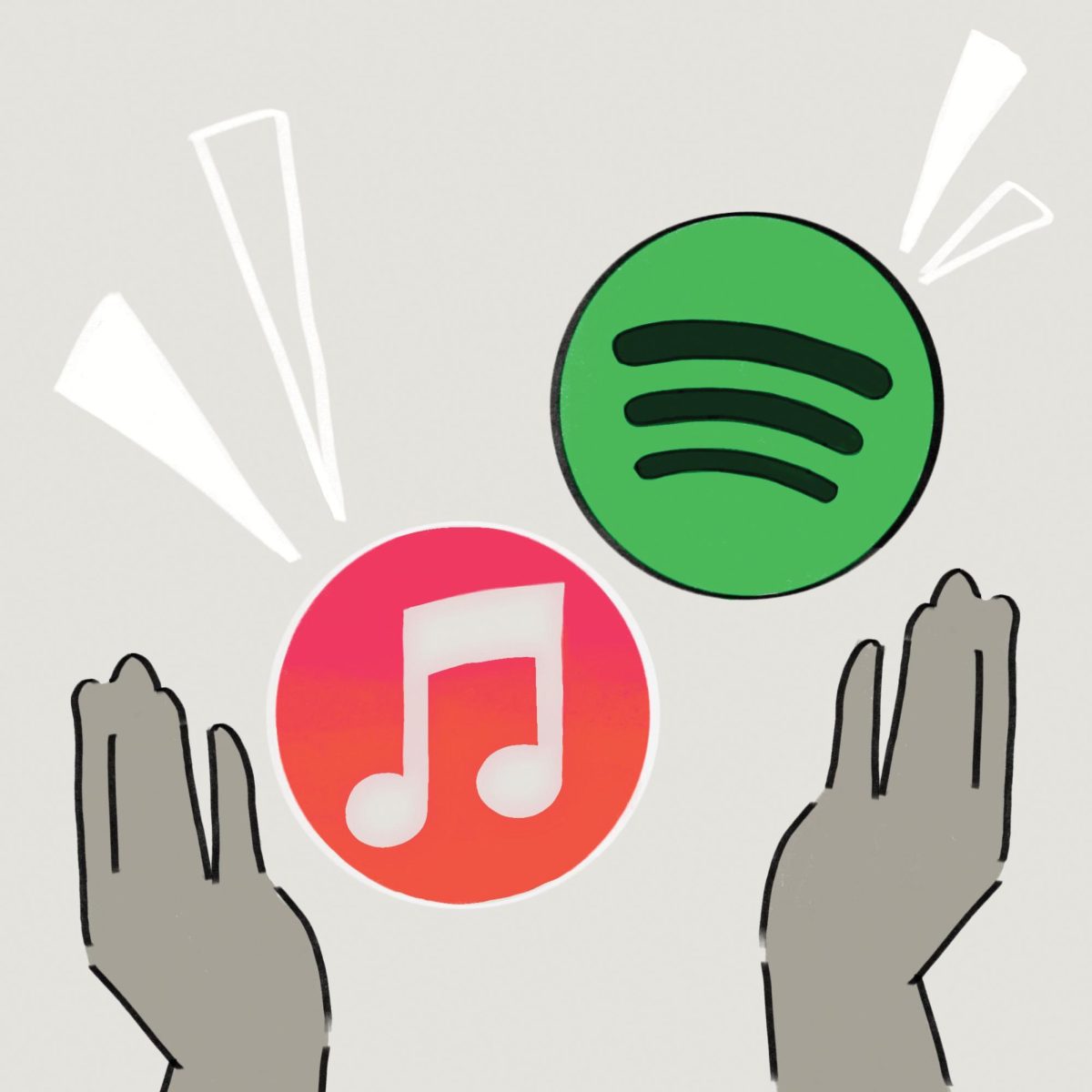In June, I attended my first ever Pride parade. For those of you who don’t know me, I’ve identified as queer for the past few years and I’m one of the co-presidents of Alliance here on campus. Needless to say, I’ve been looking forward to going to a Pride parade for awhile.
This wouldn’t just be any Pride event: it was the 50th anniversary of the Stonewall riots, which are credited with beginning the gay rights movement, and I had the privilege of being on Christopher Street where it all started.
One of the first things I noticed at Pride was the heavy policing. Stonewall was in large part a protest against state oppression and police brutality, so it struck me as odd how police were dictating the manner in which we could honor our history and identity. When the parade started, my attention shifted to self-proclaimed “dykes on bikes,” people in drag, and even a few wearing t-shirts saying that they marched 50 years ago. Maybe the spirit of Stonewall was still present after all.
My excitement quickly turned to disappointment as representatives of corporation after corporation took to the street bearing rainbow colored logos and distributing rainbow stickers with Instagram handles so Pride participants could become walking advertisements. In fact, with the exception of a few people marching at the beginning, most participants had to march as representatives of companies in order to participate. Pride celebrations have become an advertising opportunity for the capitalist interests that have worked long and hard to oppress the very people they pretend to celebrate.
Pride illustrated a concept called “rainbow capitalism” – companies market themselves as allies to the queer community in order to earn our business, therefore commodifying queer pride. Pride has become synonymous with the display of material objects like rainbow t-shirts, backpacks and shoes.
It is much easier for corporations to profit off of LGBTQ+ expression than it is for them to actually uplift LGBTQ+ people, whether it be by donating profits from pride items to pro-LGBTQ+ causes, making active efforts to hire LGBTQ+ people or actively protecting queer employees from discrimination. Even AT&T, which has adopted nondiscrimination policies and sponsored LGBTQ+ organizations, has spent over $3 million funding representatives who oppose the legislative expansion of LGBTQ+ protections against discrimination. Other companies present at Pride that have donated to anti-LGBTQ+ politicians included Coca-Cola, Verizon, Comcast and T-Mobile.
Corporations saying they’re an ally is often enough to get our business, but being an ally means supporting us when we’re most vulnerable. Homophobia is still very much alive in the U.S. today, as evidenced by the continuance of conversion therapy, the disparity of access to adequate healthcare between cisgendered heterosexual (cishet) and LGBTQ+ people and and the average life expectancy for transwomen of color being around 30 years – less than half that of their white cishet counterparts.
These corporations aren’t combatting homophobia with their rainbow products and displays one month out of the year. In fact, they’re not really doing more for the LGBTQ+ community than commodifying our identity and redefining how we show pride so that we feel comfortable giving them our money. These corporations should not be the focus of our march. Pride has been hijacked by interests that do not serve the people they are supposed to.
While Pride should be a celebration – after all, it’s in the name – we shouldn’t forget that it started as a riot, and we’re not in a position to stop rioting. We are still fighting for liberation in so many ways. Pride needs to return to the people.








